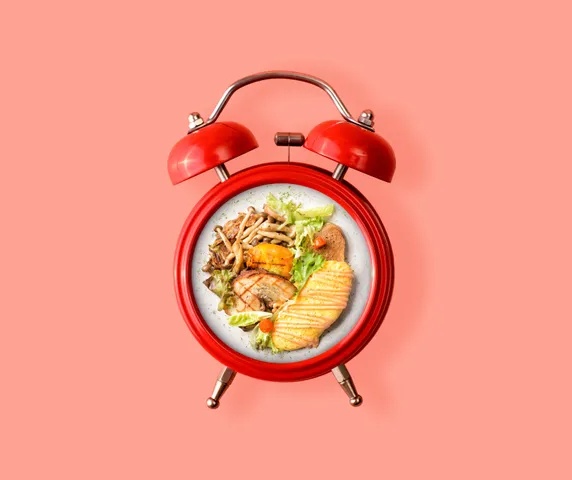According to many ancient remote guides, breakfast is considered the most important meal of the day and dinner should be eaten at least. Many people who want to lose weight often cut back on dinner.

Does skipping dinner help with weight loss?
Some people believe that the body burns very few calories at night when sleeping, so skipping dinner can help the body lose weight better. However, if you completely skip dinner, the empty stomach may cause discomfort and affect the stomach.
The intermittent fasting method that many people apply now is relatively long. In the case of people with stomach problems, acid levels can increase, causing pain. When the stomach is empty for a long time, too much stomach acid is produced but there is no food to digest, which can damage the stomach lining and be harmful to health.

Skipping dinner can cause hunger and cravings, making your weight loss plan even more difficult. And if you can’t control yourself, you may eat late at night, which can hinder your weight loss plan.
What time is best for dinner for weight loss?
If you are not accustomed to intermittent fasting, you should reconsider skipping dinner. Eating dinner too early or too late is not good for weight loss. The majority of food is digested after 3 hours of consumption. If you have dinner too early around 5pm, but go to bed at 12am, you are likely to feel hungry before bed and have to snack at night or have trouble sleeping. Eating at night leads to more fat accumulation.

But if you eat late, close to bedtime, your stomach will feel uncomfortable and it may affect the quality of sleep and your weight loss plan. Therefore, you should try to maintain the habit of having dinner 3-4 hours before bedtime.
Therefore, if you maintain a weight loss regimen with a healthy diet, moderation, and exercise, you should finish dinner about 3-4 hours before going to bed.
For example, if you usually go to bed at 11pm, you can choose to have dinner around 7pm. Choosing a dinner time like this can help you avoid cravings on your weight loss journey. Besides, you should also arrange your daily schedule so that meals throughout the day are evenly distributed, avoiding eating at different times or having breakfast and lunch too late. Dinner should consist of easily digestible and quick-to-digest foods to avoid accumulation during the night.





































